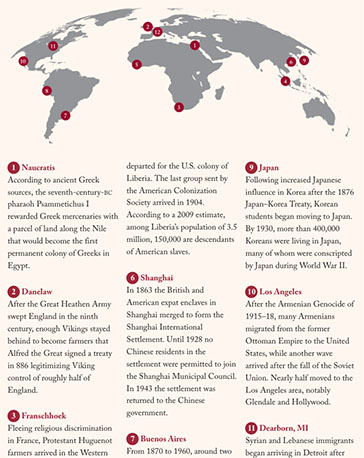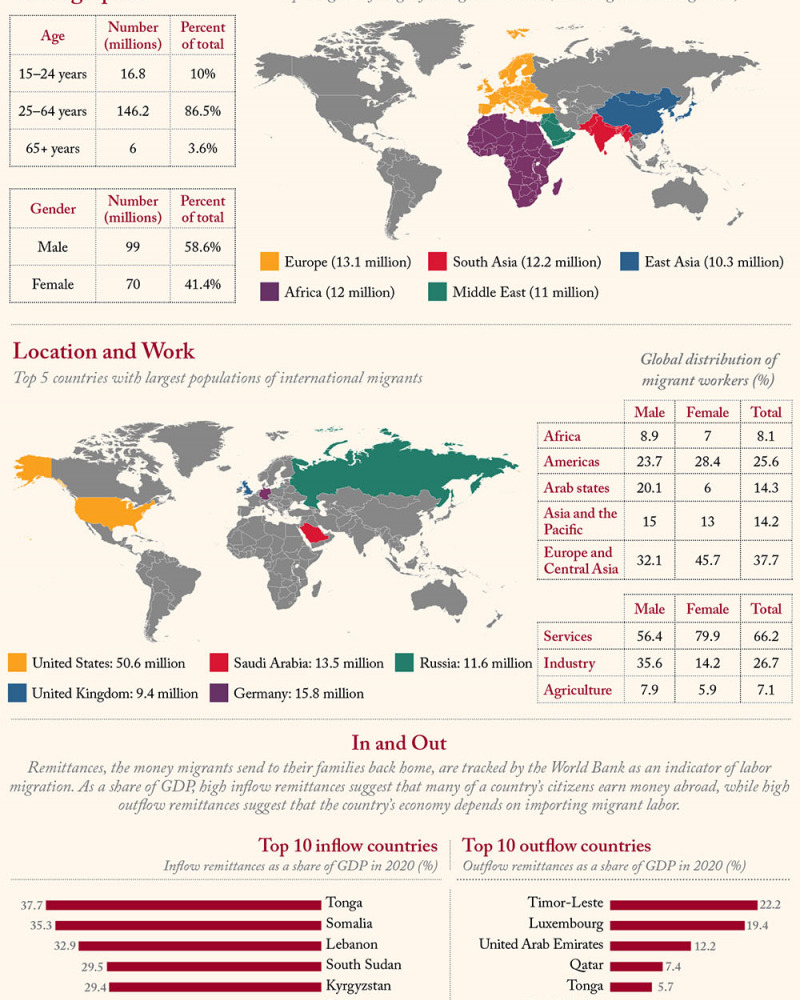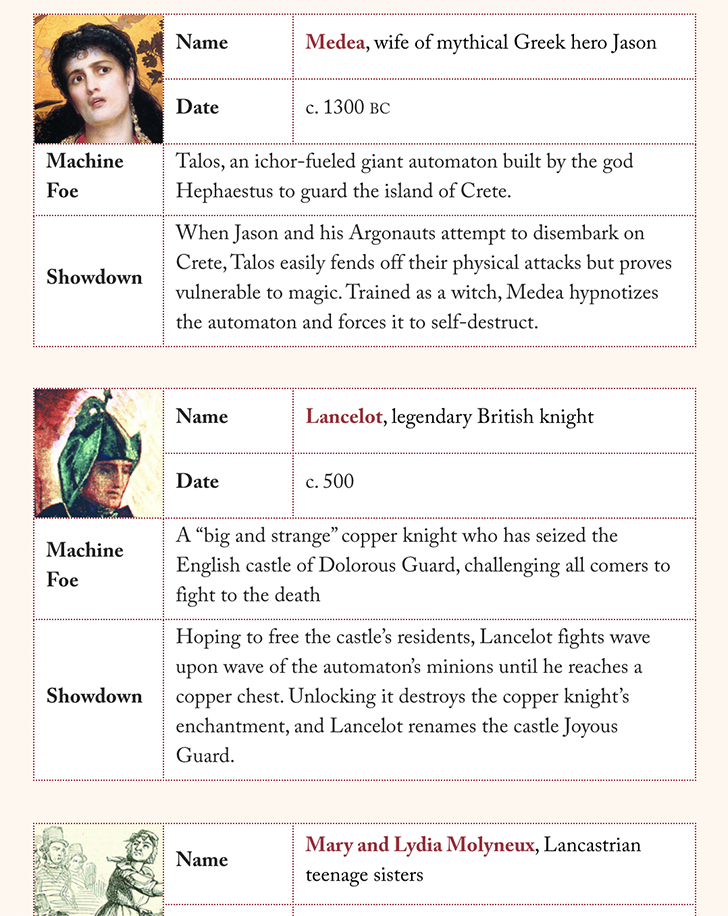Miscellany
In 2020 bioarchaeologists found evidence that six individuals buried in southern Peru’s Chincha Valley during the fifteenth and early sixteenth centuries began their lives hundreds of miles away, on the country’s upper coast. The findings support colonists’ descriptions of the Incan Empire forcibly resettling populations to quell dissent and increase the procurement of natural resources. “The state generally sought to put people in ecological zones similar to their home,” the researchers noted, and the Chincha Valley would have been “a prime destination for the resettlement of northern water-management specialists and miners.”
Miscellany
In a letter from Deir el-Medina, an Egyptian village of artisans working on pharaonic tombs during the period of the New Kingdom, Nakhtsobk, the self-described “scribe of the necropolis,” complains to Amennakhte, a workman, about being neglected. “It is only to me that you don’t send anything whatsoever, really this is a rotten day,” Nakhtsobk writes. “What offense have I done against you? Aren’t I your old eating companion?” In another letter from the same village, the sender, possibly Nakhtsobk, writes dejectedly, “It is I who write to you continually, but you never write to me.”
Miscellany
In the so-called Screw Plot—a supposed conspiracy to assassinate Queen Anne during a Thanksgiving service in 1710—iron bolts were removed from the roof timbers of St. Paul’s Cathedral in order for the roof to collapse during the service. “The new cathedral was not then quite finished,” wrote John Noorthouck in 1773, “and it appeared upon inquiry that the missing of these iron pins was owing to the neglect of the workmen, who supposed the timbers were sufficiently fastened without them.”
Miscellany
Ellen Eglin, a housekeeper working in Washington, DC, devised a clothes wringer in 1888 to make washing and drying more efficient. Instead of patenting her invention, she sold the rights to an agent for eighteen dollars, bringing the new owner “great financial success,” according to an 1890 article. “If it was known that a Negro woman patented the invention, white ladies would not buy the wringer,” she told the reporter.
Pages



